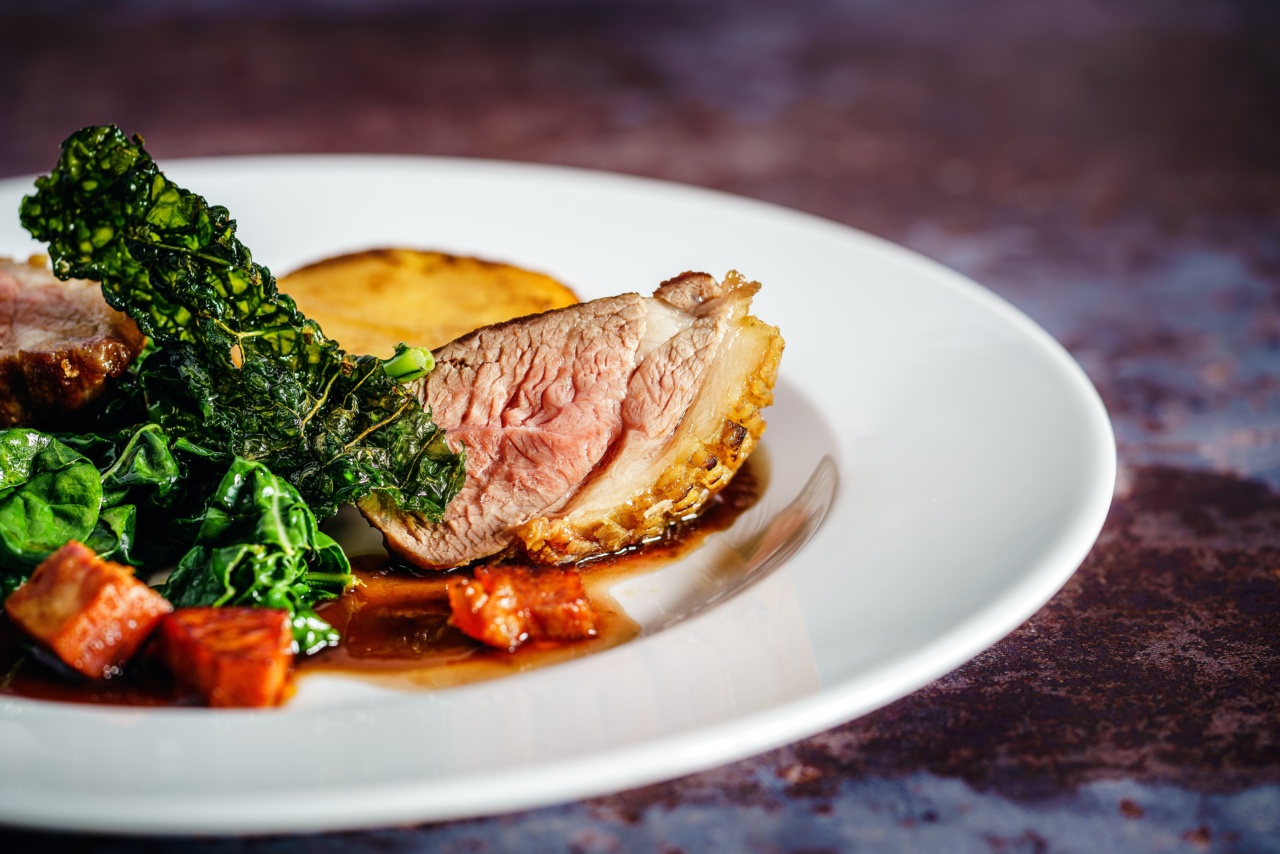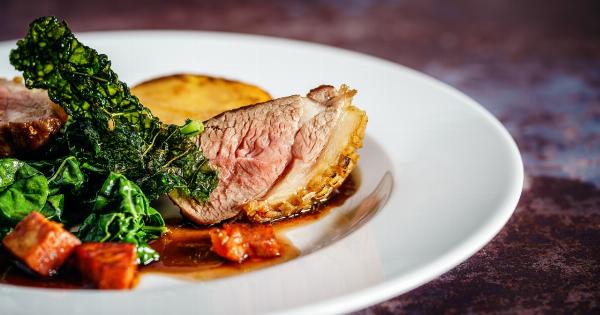Red meat has been a controversial topic when it comes to its association with various health concerns, including cancer.
In particular, the link between red meat consumption and breast cancer has attracted significant attention among researchers and health professionals. Understanding this potential association is crucial for women to make informed dietary choices and reduce their risk of developing breast cancer.
Red Meat Consumption Studies
Several studies have investigated the association between red meat consumption and breast cancer risk.
A study published in the International Journal of Cancer analyzed data from over 88,000 premenopausal women and found that high intake of red meat was associated with an increased risk of breast cancer. However, another study published in the Journal of the National Cancer Institute did not find a significant association between red meat consumption and breast cancer risk.
Potential Mechanisms
Although the exact mechanisms underlying the potential association between red meat and breast cancer are not fully understood, researchers have proposed several hypotheses.
One possibility is that certain compounds found in red meat, such as heterocyclic amines and polycyclic aromatic hydrocarbons, may have carcinogenic properties and contribute to the development of breast cancer. Additionally, the high iron content in red meat could potentially lead to oxidative stress and DNA damage.
Role of Fats and Hormones
Red meat, especially processed red meat, is often high in saturated and trans fats. These unhealthy fats have been associated with an increased risk of various diseases, including breast cancer.
Moreover, the presence of hormones in red meat, such as estrogen, may also contribute to the development of hormone receptor-positive breast cancers. However, more research is needed to fully understand the role of these factors in the association between red meat and breast cancer.
Recommendations for a Balanced Diet
While the association between red meat and breast cancer is still being explored, it is important to note that making informed dietary choices is crucial for overall health and well-being.
To reduce the risk of breast cancer and other diseases, it is recommended to consume a balanced diet that includes a variety of fruits, vegetables, whole grains, and lean protein sources. Lean protein sources can include poultry, fish, legumes, and plant-based alternatives to red meat.
Additional Risk Factors and Prevention
It is essential to recognize that breast cancer risk is influenced by various factors, including genetics, age, reproductive history, and lifestyle choices.
While reducing red meat consumption may be one aspect of a healthy lifestyle, it is not the sole determinant of breast cancer risk. Engaging in regular physical activity, maintaining a healthy weight, avoiding excessive alcohol consumption, and undergoing regular screenings are also vital for breast cancer prevention.
The Importance of Research and Ongoing Studies
Given the complex nature of breast cancer and the multitude of factors involved, it is crucial to continue conducting research and studies to obtain more comprehensive and conclusive evidence regarding the association between red meat and breast cancer. This ongoing research will provide a clearer understanding of the potential risks and allow for more targeted preventive strategies.
Conclusion
While the association between red meat and breast cancer is still a subject of study and debate, it is important for individuals to be aware of the potential risks and make informed decisions about their dietary choices.
A balanced diet, rich in diverse sources of lean protein, can contribute to overall health and reduce the risk of various diseases, including breast cancer. Reducing red meat consumption, especially processed red meat, and adopting a healthy lifestyle are prudent measures to promote well-being.






























